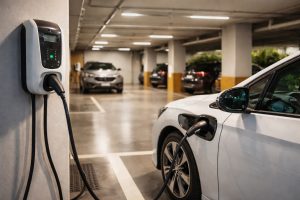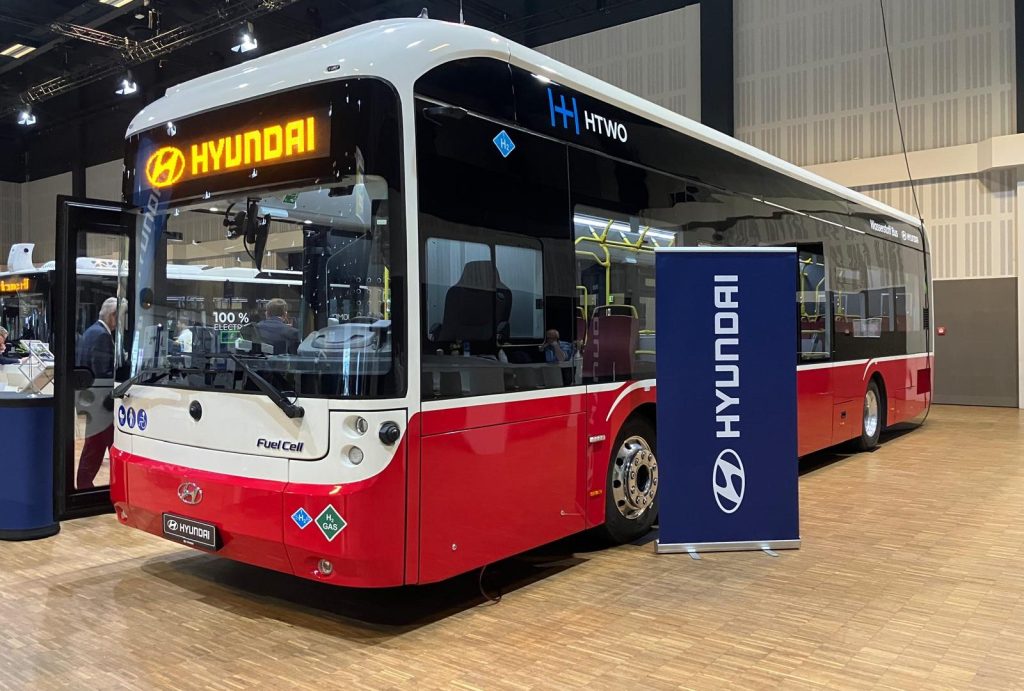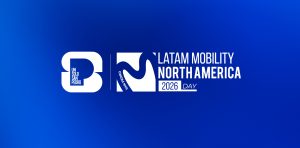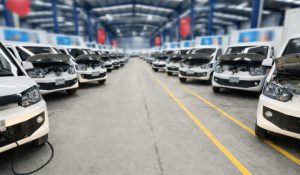
Hydrogen Buses in Europe: South Korea Leads the Way

South Korea is rewriting the playbook for public transportation with its breakthrough in the European market for hydrogen buses in Europe.
Through the industrial giant Hyundai, the country has launched pilot tests in Vienna, Austria, presenting a viable and sustainable alternative to fossil-fuel-powered systems.
Read more: Transport and Social Change are Shaping Mobility in Europe
South Korean technology reshapes European mobility
The new hydrogen-powered bus was developed by Hyundai in collaboration with Slovenian company TAM. It features a 90 kW fuel cell, auxiliary batteries, and a 180 kW electric motor. Its standout feature is the hydrogen storage system, operating at 700 bar and storing up to 35.15 kg — a technological milestone in Europe.
Wiener Linien, Vienna’s public transport operator, is leading the three-year pilot, aiming to assess this clean technology for future fleet upgrades.
Local hydrogen, global impact
The bus refuels at the Leopoldau hydrogen station, run by Wiener Netze, using hydrogen locally generated by Wien Energie. This ensures a more sustainable supply chain and significantly reduces the transport system’s carbon footprint.
The expansion of hydrogen buses in Europe goes beyond this pilot. Vienna plans to add 20 more units by summer 2025, including 10 from CaetanoBus with Toyota fuel cells, and 10 minibuses from Italian manufacturer Rampini.
South Korea sets the pace for sustainable transport
South Korea’s leadership in mobility innovation is clear, positioning the country as a key actor in the shift toward zero-emission public transportation in Europe. This development aligns with global trends to decarbonize transit systems and offers valuable lessons for other regions.
The Latam Mobility Summit Colombia 2025 will be a platform to explore clean technologies like hydrogen. South Korea’s role in advancing hydrogen buses in Europe provides a roadmap for similar transitions in Latin America and beyond.





